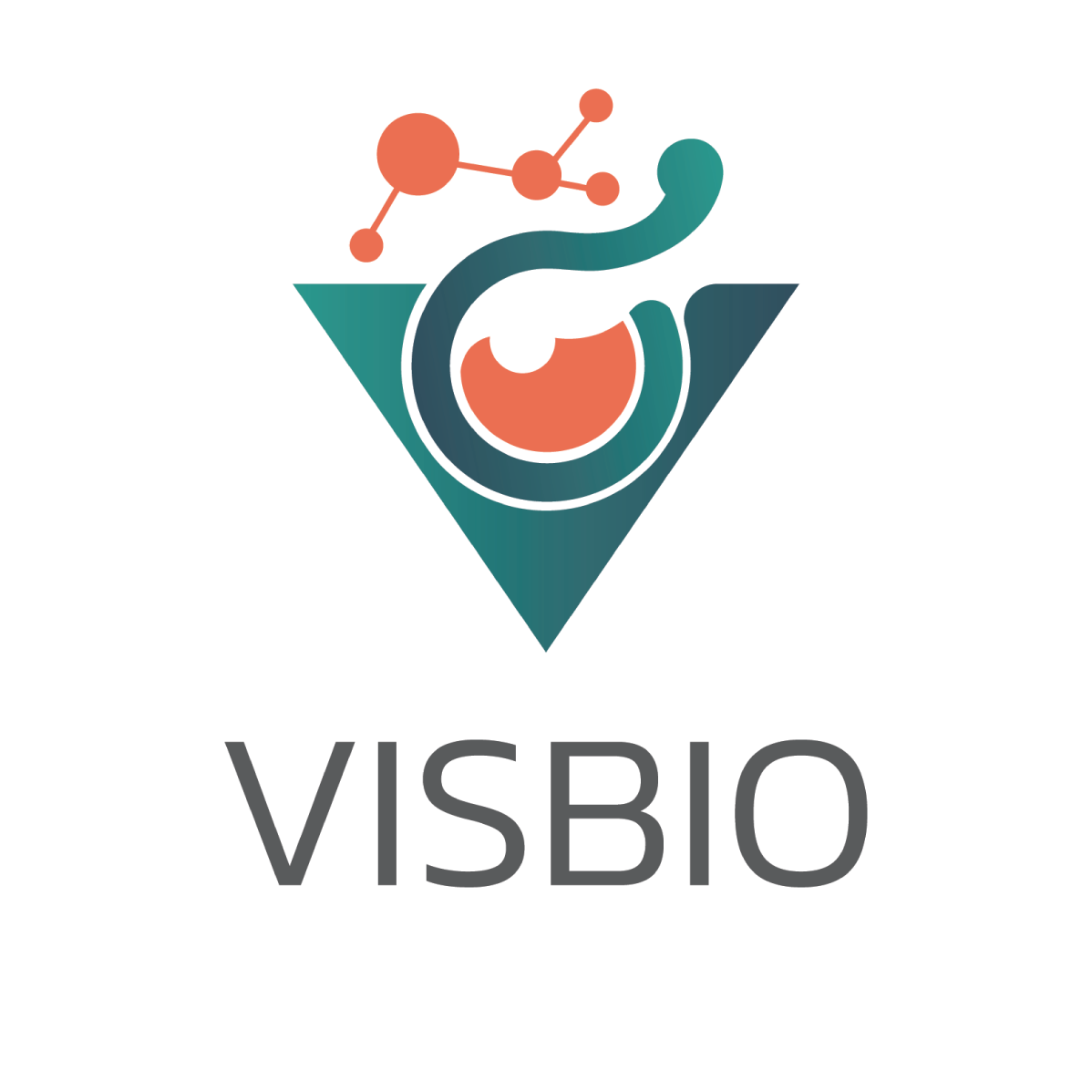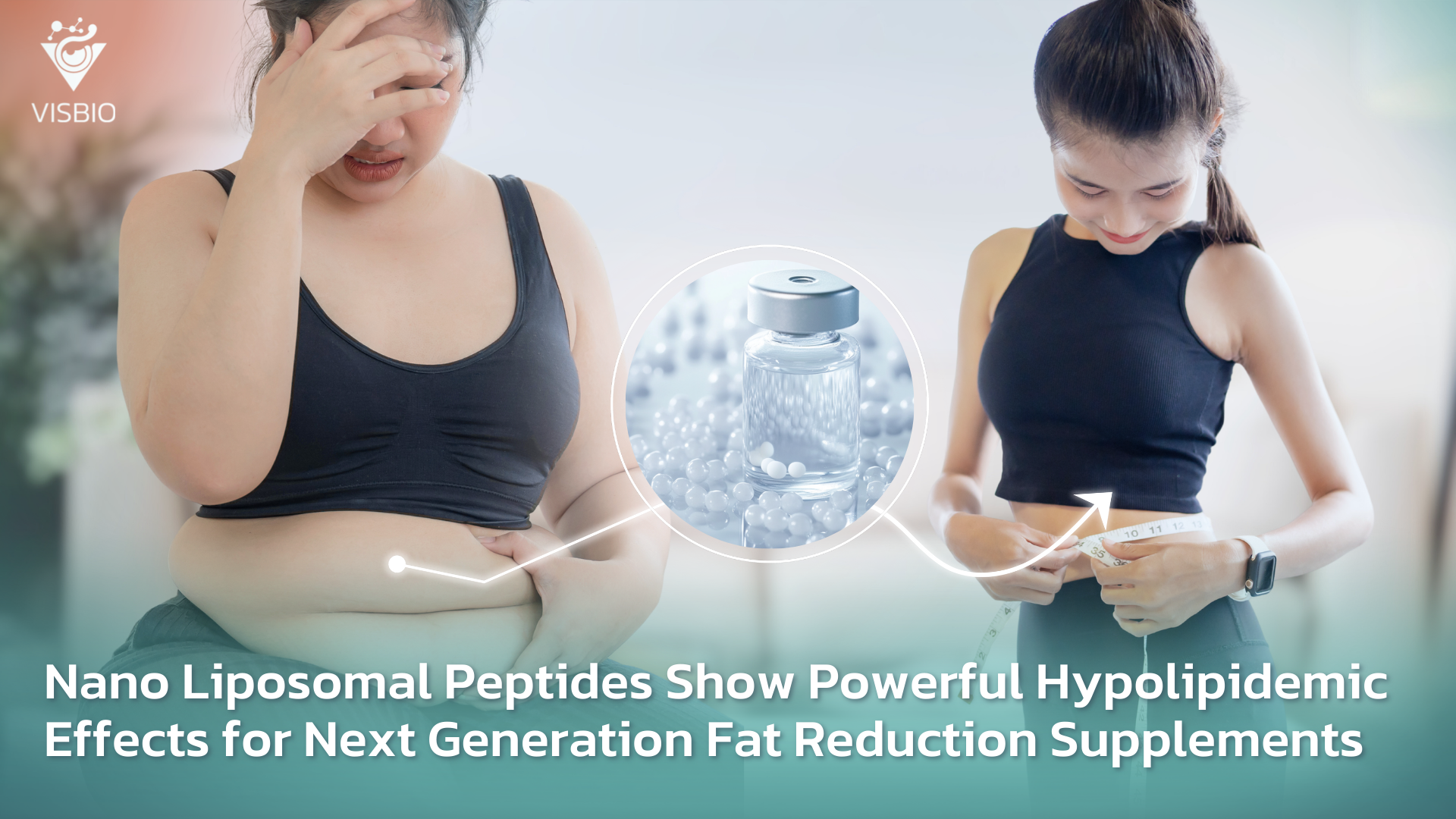As health-conscious consumers become increasingly concerned with holistic metabolic health, obesity, and cholesterol management, the demand for safe, effective, and natural fat-reducing solutions is at an all-time high. The global market is shifting away from simplistic weight loss products towards sophisticated functional foods and nutraceuticals supported by transparent, credible science. A major leap forward in this space is the emergence of Nano Liposomal Peptides, born from the powerful integration of bioactive peptide science with advanced nanotechnology.
Researchers have identified that these innovative peptides exhibit strong hypolipidemic (fat-lowering) activity. When tested on 3T3-L1 adipocytes, a gold-standard scientific model for fat cell development, they were shown to dramatically reduce intracellular lipid accumulation. More than just blocking fat, they also modulate key signaling pathways related to lipid metabolism, offering a multi-mechanistic and intelligent approach to fat regulation.
For innovative wellness brands, this breakthrough signifies the potential to develop a new generation of supplements and functional products that work at the cellular and molecular levels. These products can help manage fat storage, promote a healthy lipid balance, and support overall metabolic health. This moves the category beyond basic fat burners and into the realm of precision metabolic support, meeting the demands of an increasingly educated consumer base.
How Nano Liposomal Peptides Enhance Delivery and Bioactivity
One of the greatest challenges in developing oral supplements from peptides is ensuring the active ingredient reaches its target intact. Peptides are susceptible to degradation by digestive enzymes in the stomach and small intestine, which can render them ineffective before they are ever absorbed. This is where nanotechnology, specifically the use of liposomes, provides a revolutionary solution. Liposomes are tiny, spherical vesicles composed of one or more phospholipid bilayers, the same material that makes up our own cell membranes. This structure makes them incredibly biocompatible.
When bioactive peptides are encapsulated into these nano-sized liposomes, they are shielded from the harsh digestive environment. This protective layer ensures the peptides can travel through the gut without being broken down, significantly enhancing their stability. Furthermore, because liposomes are made of lipids, they can fuse with the cell membranes of the intestinal lining, allowing for much more efficient absorption of their peptide payload into the bloodstream. This enhanced delivery system ensures that a higher concentration of the active peptide reaches its target tissues, like fat cells, increasing its overall bioavailability and potency.
This enhanced delivery allows the peptides to penetrate fat cells and exert their biological effects with greater precision. In the reported research, Nano Liposomal Peptides derived from protein hydrolysates were tested in vitro on 3T3-L1 adipocytes. The results were visually and statistically significant: the fat cells treated with the liposomal peptides exhibited dramatically lower lipid droplet accumulation compared to the untreated control cells. This cellular-level evidence provides concrete proof that the hypolipidemic effects are not just theoretical but are measurable and repeatable, opening new doors for product developers.
Unveiling the Molecular Mechanism of Action
To understand how these peptides actually work beyond simply observing reduced fat, researchers conducted sophisticated proteomics analysis and molecular docking simulations. Proteomics allowed them to get a snapshot of the entire protein landscape within the fat cells, observing which proteins were upregulated (increased) or downregulated (decreased) after treatment. This provides a clear picture of the cellular machinery being influenced by the peptides. Molecular docking, a powerful computational tool, helped visualize how the peptides physically interacted with key enzymes related to fat metabolism.
The investigation revealed a multi-pronged attack on fat accumulation:
- Downregulation of Fatty Acid Synthase (FASN): The proteomics data showed a significant decrease in the levels of FASN, a major enzyme that acts as the cell’s primary “fat factory.” FASN is responsible for synthesizing new fatty acids from excess energy. By downregulating this enzyme, the peptides effectively tell the fat cells to slow down the production of new fat, a crucial step in preventing lipid accumulation.
- Upregulation of Hormone-Sensitive Lipase (HSL): Conversely, the analysis showed an increase in HSL, a critical enzyme that initiates the breakdown of stored fat (lipolysis). Upregulating HSL is like flipping a switch that tells the fat cell to start releasing its stored energy. This dual action of reducing fat synthesis while increasing fat breakdown is a highly effective strategy for reducing overall fat content in the cells.
- Interaction with Master Metabolic Regulators: Molecular docking simulations revealed that the peptides had a strong binding affinity with AMPK and PPAR-γ. These are two of the most critical “master metabolic switches” in the body. Activating AMPK can enhance cellular energy usage and improve insulin sensitivity, while modulating PPAR-γ is central to adipocyte differentiation and lipid storage.
These deep molecular insights confirm that the peptides are not merely passive nutritional ingredients. They are active metabolic regulators capable of intelligently influencing the body’s complex fat-handling machinery at multiple key control points.
Commercial Applications in Next Generation Wellness Products
The Nano Liposomal Peptides platform is exceptionally versatile and suitable for a wide variety of product formats across the health and wellness sectors, allowing brands to target several high-growth market segments.
- Fat-Burning Nutraceuticals These peptides are ideal for next-generation fat-burning nutraceuticals. Formulated in encapsulated capsules, convenient sachets, or tablets, they can be marketed with clear, science-backed claims around lipid metabolism and cellular fat reduction. Unlike stimulant-based products, they offer a non-thermogenic approach that appeals to consumers seeking effective yet gentle solutions. For an enhanced effect, they can be combined with natural thermogenics like green tea extract or compounds like L-carnitine that support fatty acid transport.
- Functional Beverages and Smoothies The stability of peptides within liposomal suspensions makes them perfect for inclusion in functional beverages and ready-to-drink smoothies. This format is ideal for consumers seeking to incorporate metabolic support into their daily wellness routines or as part of a structured weight management program. The technology ensures the peptides remain active and bioavailable in a liquid matrix, providing a convenient and enjoyable way to consume this powerful bioactive.
- Post-Meal Blood Lipid Regulation A key application is in products designed to manage postprandial fat accumulation, which is the spike in blood lipid levels after a meal. This spike is a known risk factor for cardiovascular disease. A supplement containing these peptides could be formulated to be consumed with or after meals to help cells manage the influx of dietary fats more efficiently. This positions the ingredient not just for weight loss, but for long-term metabolic health and cardiovascular support.
- Anti-Cellulite and Firming Topicals With proven anti-lipogenic (fat-storing) properties at the cellular level, these Nano Liposomal Peptides may also find significant value in topical skincare. When formulated into creams or serums, the nano-liposomal delivery system can help the peptides penetrate the skin to target subcutaneous fat cells. By reducing lipid storage in these cells, the ingredient could help improve the appearance of cellulite and contribute to a firmer, more toned skin texture.
The Advantages of Nano Liposomal Peptides
Unlike synthetic fat blockers, which can cause undesirable digestive side effects, or stimulant-based appetite suppressants, which can affect the nervous system, bioactive peptides offer a natural and cell-regulating alternative that works with the body’s own metabolic systems. The nano-liposomal delivery technology further elevates their performance and safety profile in several key ways:
- Enhancing Stability: The liposomal shell protects the delicate peptide structure from being destroyed by stomach acid and digestive enzymes, ensuring it arrives in the small intestine ready for absorption.
- Improving Absorption: The lipid-based nature of liposomes allows them to easily fuse with the membranes of intestinal cells, facilitating a much higher rate of absorption compared to free peptides.
- Prolonging Bioavailability: Once in the bloodstream, the liposomal structure can help prolong the circulation time of the peptides, giving them more time to reach their target fat cells throughout the body.
- Reducing Dosage Requirements: Because the delivery is so targeted and efficient, a much lower dose of the peptide is required to achieve a therapeutic effect, which improves the product’s safety profile and cost-effectiveness.
Partnering with VISBIO to Commercialize a Clean Label Innovation
As consumers worldwide continue to shift toward clean-label products, peptides derived from natural food proteins (such as soy, dairy, or fish) offer a compelling and trustworthy value proposition. When this natural origin is paired with cutting-edge nano-liposomal delivery science, it creates a new class of premium ingredients that are perfectly positioned for today’s market. Brands leveraging this dual innovation can differentiate themselves with clear, powerful claims supported by laboratory-proven bioactivity and deep mechanism-of-action insights.
VISBIO brings together academic excellence and commercial readiness to help brands tap into the power of bioactive peptides. Our services are designed to support you at every stage of the innovation process.
- Peptide Characterization and In Silico Docking
- Nano-Liposomal Encapsulation Consulting
- Mechanism-of-Action Validation via Proteomics
- Formulation and Market Readiness Support
Whether you are developing a weight management line, a functional metabolic supplement, or a clean-label nutraceutical, VISBIO equips you with science-backed solutions that consumers can trust. Contact us today for a free consultation and discover how to integrate nano-liposomal peptide technology into your next-generation fat reduction portfolio.

About the Author:
Associate Professor Dr. Kiattawee Choowongkomon is a leading expert in biochemistry and proteomics, specializing in the development of bioactive compounds for therapeutic applications. His research bridges traditional medicinal knowledge with modern scientific innovation, creating impactful health solutions.


